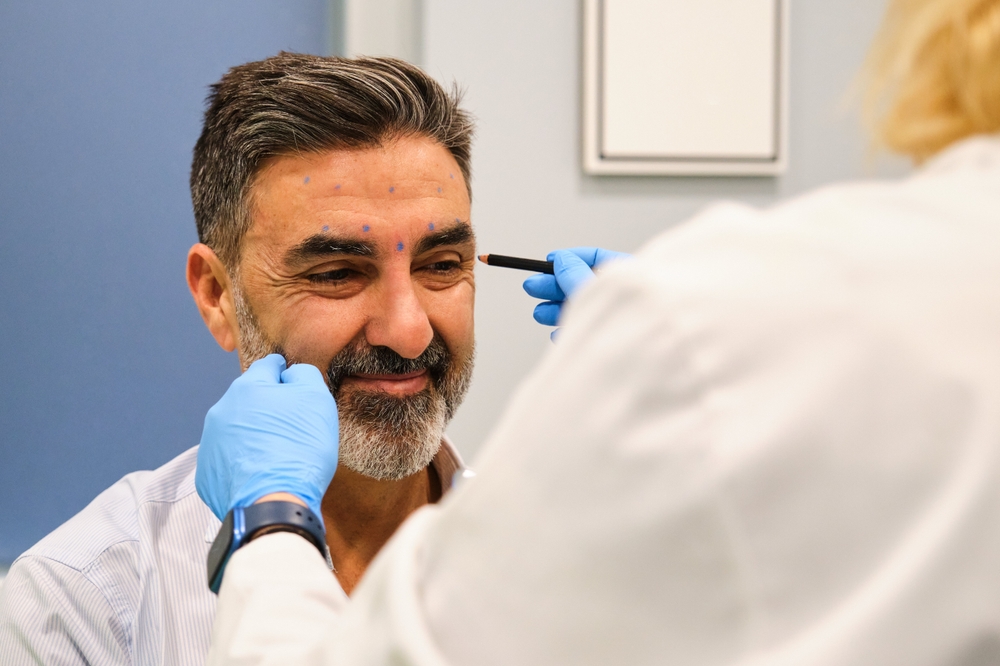Many people have gotten into the habit of routinely foregoing “the most important meal of the day”. Whether it’s due to running out of time or because they just don’t feel hungry (or the thought of eating makes them nauseous), not eating breakfast may have some negative consequences as it relates to your heart health.
According to a recent study published in the Journal of the American College of Cardiology, adults who routinely skip breakfast are more likely to have clogged heart arteries than those who enjoy a big morning meal!
Atherosclerosis, a buildup of plaques in the arteries consisting of cholesterol, fat, calcium and other substances, causes the arteries to harden and narrow. This typically leads to elevated blood pressure, followed by a higher risk of heart attack or stroke. The results of this study suggest that people who eat breakfast, especially a hearty one, are less likely to harbor plaques in their arteries.
Prior studies have also shown that people who regularly eat breakfast are less likely to be obese or have diabetes or heart disease. This may be due to the fact that skipping it can have negative effects on appetite-regulating hormones, blood sugar and insulin. This will then lead to poor eating habits or overeating later in the day, especially in those who are skipping breakfast in a misguided attempt to lose weight. So, it appears that nothing good can come from adopting this habit.
Maybe It Is The Most Important Meal
For the study, researchers looked at the breakfast eating habits of more than 4,000 adults ages 40 to 54. They were classified into 3 groups based on their eating practices, as follows:
- 3% were routine breakfast skippers
- 27% typically ate a “big” breakfast (greater than 20% of their daily calories)
- 70% ate an “average” lower-calorie breakfast
The groups that ate breakfast generally had better eating habits overall. They made better choices that included more fruits and vegetables, seafood and lean meat. They were also less likely to be obese or have high blood pressure, diabetes or unhealthy cholesterol levels. But that aside, there still were differences based on their eating habits.
The researchers used ultrasound to screen for “subclinical” atherosclerosis (early plaque buildup that is not causing any symptoms). Here is what they found:
- Almost 75% of breakfast-skippers showed the high-risk plaque buildup!
- It was still seen in 64% of those who favored a light one.
- Only 57% of the bigger breakfast eaters showed the buildup
Skipping breakfast, which is something an estimated 30% of the population does regularly, may lead to overeating later in the day, coupled with worse food choices. This combination may then translate to the higher risk of atherosclerosis from the combination of bad habits. But even if one does eat a “big” breakfast, it still needs to be of better food choices. The standard fare of eggs, bacon, sausage, pancakes and muffins may be giving you necessary calories, but may be adding too many harmful components, such as nitrates and nitrites or excess sugar. These can promote cell damage and inflammation, both major contributing factors to atherosclerosis.
Understanding proper food choices is just as important as actually getting the food into your body. A healthy, well-balanced breakfast will not only set the tone for the day as far as your energy levels, but it can also help boost your mental function and clarity, and even your moods! Our programs are heavy on educating patients on how to make the best food choices to reverse their health issues as well as learning how to best fuel their bodies. And depending on health goals, understanding the proper amounts for a daily food intake.
Based on this study though, maybe more people really should, as the saying goes, “Eat breakfast like a king, lunch like a prince and dinner like a pauper”!












